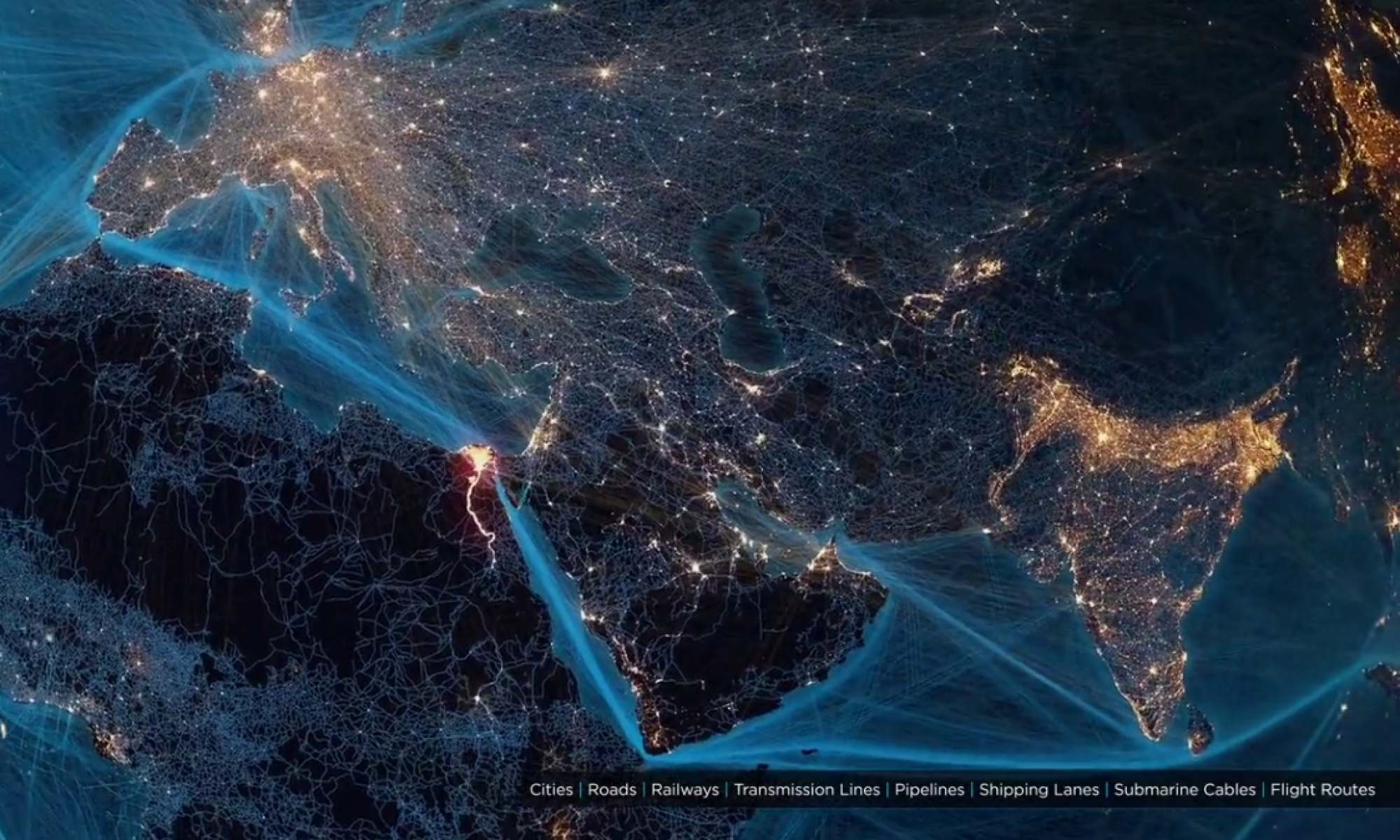The tsunami of AI bots has been shaking our views about the future of humanity, both on a grand scale and in everyday life. This is my 50th post on this blog, so I deem this an appropriate topic. Will the technosphere ultimately take the seat of humanity in shaping the evolution of life on Earth? The challenge is immense. Philosopher Harari has contributed to The Economist announcing that AI has “hacked the operating system of human civilization”: This is language, often seen as the differentia specifica of humans vis-à-vis all other forms of life. He has a point, as AI has the potential to rapidly transform all domains of life where language is essential, and this includes human interaction. For example, our children will soon interact with bots in computer games who act like other human partners, and they will not be able to distinguish them from humans. AI will not only be able to process and communicate knowledge, but to communicate contextualized emotions. Hariri also points to the important observation that there is a supporting tendency in humans, namely to anthropomorphize the non-human, as in religion, but also think of finance, where ‘the markets’ are seen as a kind of human superorganism. If we use Hannah Arendt’s terminology, AI intrudes the quintessentially human domain, the vita activa of the political, the discourses that makes history.
Another worry is that AI will cause widespread unemployment, and fast, as so many jobs, even more routine work of lawyers, may be overtaken by bots. So, what can we do? So far, the recommendation is demanding government regulation. But a technology that is so pervasive and adaptable such as AI bots cannot be regulated at all: It is the humans themselves that will undermine regulatory efforts because the technology will benefit them in some ways, individually or as a group. In other words, the solution can only lie in our own attitudes and values, that is, the ethical framing and grounding of our uses of AI. What does that mean?
My argument apparently starts with a distraction. As said, there are fears about unemployment caused by AI. This reflects the expected boost of productivity in the economy. The question is what we can do with these economic gains. In the literature on Universal Basic Income UBI we can often read that technological progress may help to create the resources needed for funding UBI. Indeed, the new wave of AI innovations may be the turning point that gives us this chance.
Why is UBI the key institutional solution to the AI challenge? I come back to my reasoning in an earlier post. Contra to the claims of critics, UBI is not a license to surf and sunbath, but is the economic means to sustain and strengthen community life and care as the most human of all activities, care for children, care for the elderly, care for nature, and also care for ourselves, our bodies and souls, or better, embodied souls. The latter twist is the key: When Harari highlights language, he falls into the trap of Cartesian dualism, where language is assigned to the mental, and from this follows straightforwardly that computers can usurp this domain: Human intelligence is disembodied and can supervene on any material substrate.
The fatal flaw in this reasoning is that human intelligence is embodied, and AI is lacking bodies. Embodiment is a concept that has been emphasized by many philosophical traditions, such as American pragmatism, French phenomenology or recently in the cognitive sciences, now supported by rich empirical research. I do not want to elaborate on this and only raise this question: What then, makes the difference to AI? AI is limited to a very narrow spectrum of human intelligence and excludes what is embodied, such as the essential role of our hands in realizing incredibly complex actions with ease, without thinking. AI may mimic music based on statistical data about recordings, but cannot handle a violine in expressing emotional states that are emphatically felt by others. Similarly, AI can write a speech for a politician, but cannot do the life performance of the charismatic speaker who moves crowds. Indeed, we only need to fear AI when thinking about the context of sitting in front of a computer screen.
If UBI enables humans to strengthen their community life, this will create the ethical bulwark against abusing AI and against AI encroaching our daily life replete with embodied experiences. AI may be perfect in doing certain performances such as writing an essay, but it cannot substitute, say, for the musical performance of a child which is appreciated and encouraged by relatives and friends. This kind of human interaction is what makes us humans grow as persons, having bodies and staying in multi-modal interactions with others. The acceleration of capitalism and the growth of the technosphere has not only diminished the space for life on Earth but has also shrunk the domains where we can live these interactions, such as extensive ritual practices of communities engaging all senses. If we can make AI productive and create resources to counter these malicious trends, so be it. Human wisdom will reign over artificial intelligence.
